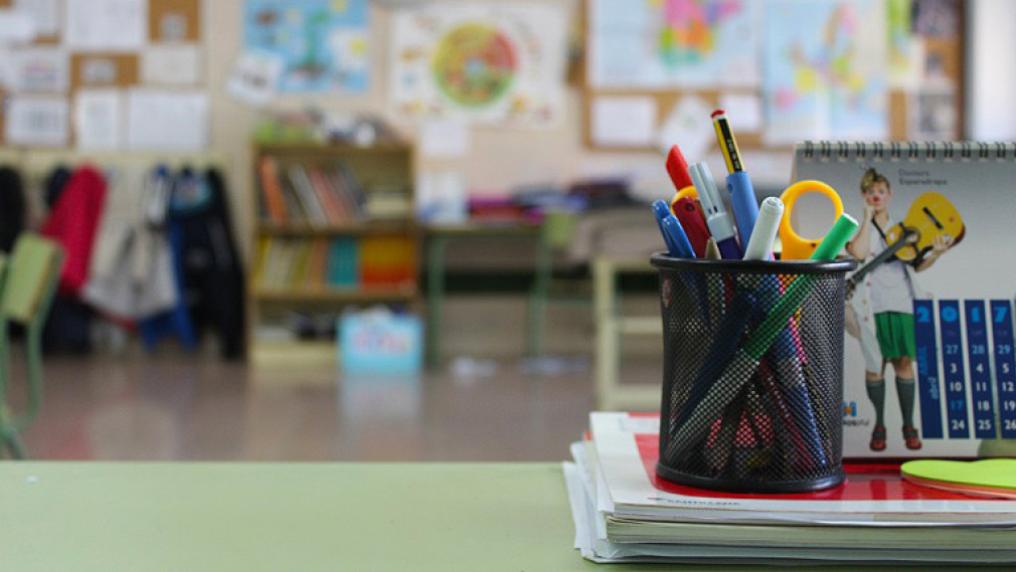Lessons that matter: What should we learn from Asia’s school systems?

Hong Kong, Korea, Singapore, and Shanghai have some of the world's highest ranked education systems - so why are they undergoing drastic reform? In this report, Mitchell Professorial Fellow Yong Zhao investigates three decades of education changes in East Asian education systems and draws out the lessons that really matter for Australia and other nations.
No education system in East Asia that participates in international tests ranks below the international average.
These high rankings have led to the perception that East Asian education systems, particularly Shanghai, Hong Kong, Korea, and Singapore, exemplify practices and policies worthy of emulation worldwide. As a result, governments and international organisations have been working on deciphering and disseminating policies and practices believed to have led to these accomplishments.
And yet these same East Asian education systems are undergoing drastic, significant and persistent reforms. Discontent with East Asian systems expressed in the late 1990s drove massive reforms in subsequent decades. Insiders point to indicators such as the relative shortage of creative and entrepreneurial talents, high levels of student depression and anxiety, declining physical health, and excessive academic burden as reasons behind this discontent. Further evidence of student dissatisfaction is evident in the strong desire among students and parents in East Asian systems to escape their own education systems whenever possible, by migrating to Western nations for education or attending international schools that offer Western-style education.
Yong Zhao asks, if Asia's education systems are so good, who would forgo the best education in the world, at tremendous financial and personal costs?
Key findings on Asian education systems
East Asian education systems are abandoning many of the education practices and policies that outside observers have praised as factors contributing to their outstanding performance in international tests. Instead, these systems are focusing on 'twenty-first century skills', such as creativity, communication, collaboration, and higher order thinking, as well as emphasising student social-emotional and physical health.
What Asia’s high-performing systems have to offer the world is not their past, but the future they intend to create.
- Yong Zhao
In this report, Mitchell Professorial Fellow Yong Zhao analyses education reform efforts over three decades in Hong Kong, Korea, Singapore, and Shanghai. He argues what Asia’s high-performing systems have to offer the world is not their past, but the future they intend to create. Zhao says these systems have a powerful vision to build a new kind of education experience for their students, and have the courage to make changes to long-held traditions and cultural practices.
He finds these education systems are:
- expanding the definition of education outcomes beyond academic performance in a narrow set of subjects
- working on major reforms to improve equity of opportunity and challenge the tradition of meritocracy
- reducing traditionally mandated 'core' content and skills
- increasing new learning experiences
- making new outcomes matter
- moving towards student-centred education
- improving equity in educational opportunities
- loosening central control and expanding local autonomy in curriculum, padagogy and assessment
- de-emphasising academic testing
- transforming pedagogy from knowledge transmission to inquiry-based and constructivist
- capitalising on technology
- broadening the curriculum
- reducing academic burden.
Yong Zhao finds these reforms are continuous and comprehensive and, while they vary across each system, all challenge educational traditions: from curriculum to pedagogy, from assessment to governance, and from teacher preparation to student admissions.
Conclusion
It is apparent from the findings of this report that East Asia's education systems have taken on massive reform efforts over the past few decades despite high performance in international assessments.
The education systems studied understand very well that past accomplishments are insufficient to prepare their children for a future shaped by technology and globalisation. They recognise the strengths of their traditional education systems, culture, and values but are unafraid to challenge, change or abandon them in order to create the education systems needed for the future.
In contrast, reform efforts in countries in the West, such as in Australia, United Kingdom and the United States, appear to be moving in the opposite direction, trying to 'catch up’ to the Asian systems.
- Yong ZhaoIf current efforts undertaken in Western education systems succeed, the outcome will be an obsolete version of Asian education, which the Asian systems themselves are eager to move away from.
The findings of this report have implications for Western education systems in general, and Australia in particular.
Zhao recommends that Australia encourage bottom-up innovation and reduce top-down planning; pursue worthwhile student outcomes; grant meaningful autonomy to school systems; and enable them to build on their strength and respond to their unique contexts.
The reforms in the Asian education systems are undoubtedly oriented to the future – the same one that faces Western education systems. If the goal of Western education systems mirrors that of East Asian systems – to prepare all children for the future – it seems reasonable they should share the same vision. Otherwise, even if current efforts undertaken in Western education systems succeed, the outcome will be an obsolete version of Asian education, which the Asian systems themselves are eager to move away from.
Aim
This study aimed to uncover why Asian systems have embarked on a transformative journey and identify what policies and practices have been put in place to bring about the desired transformation.
It focuses on the reforms that East Asian education systems have undertaken, rather than how East Asian systems achieved their top international rankings, with a view to drawing out important lessons for other nations, including Australia.
Method
The report presents an insider’s perspective and analyses reform efforts undertaken in Shanghai, Hong Kong, Korea and Singapore over the past three decades. The author interviewed experienced education policymakers, researchers, and practitioners in these systems.
An international advisory board guided this research. This board included system representatives who are widely recognised as policy leaders and scholars in each of the four systems. The advisors provided guidance on major reform efforts, insights on these efforts, and key individuals to interview.



